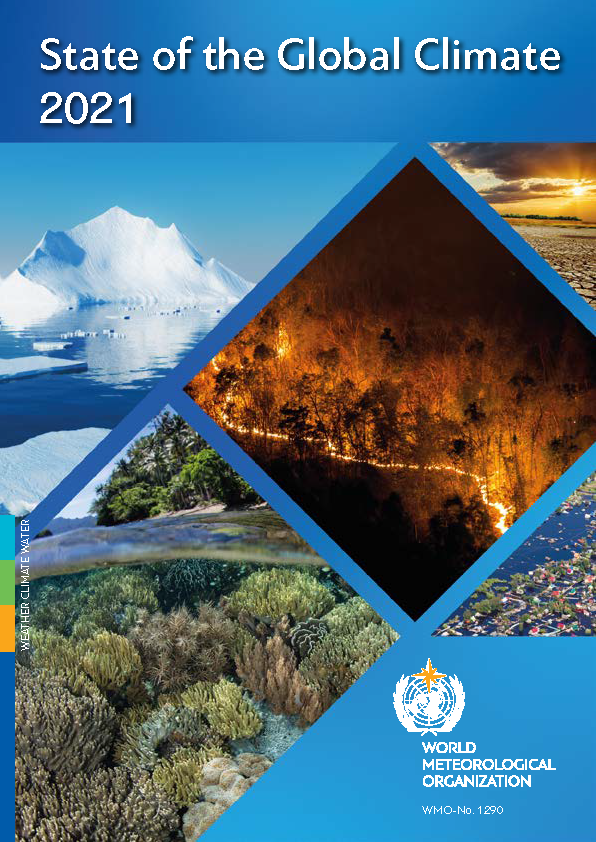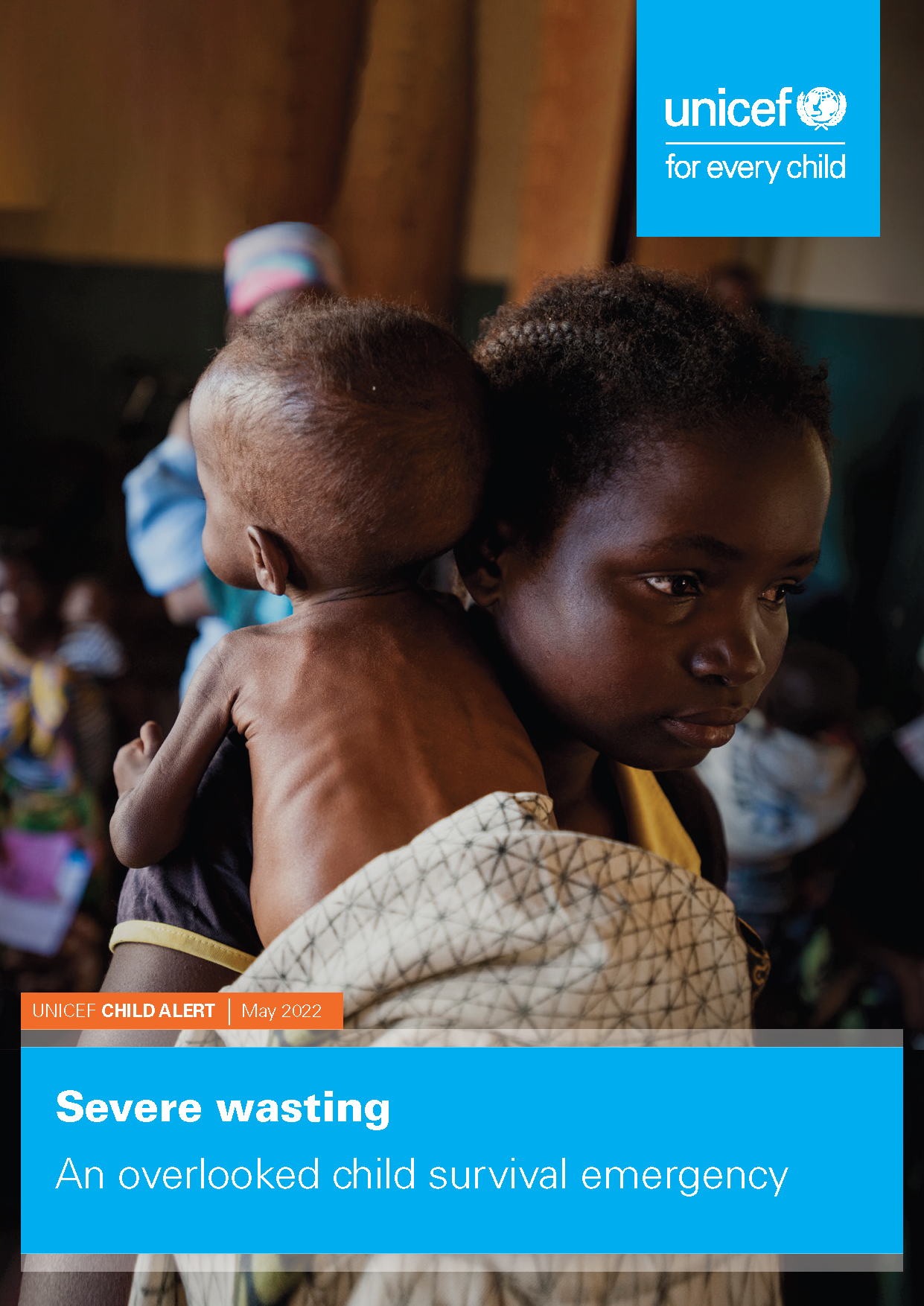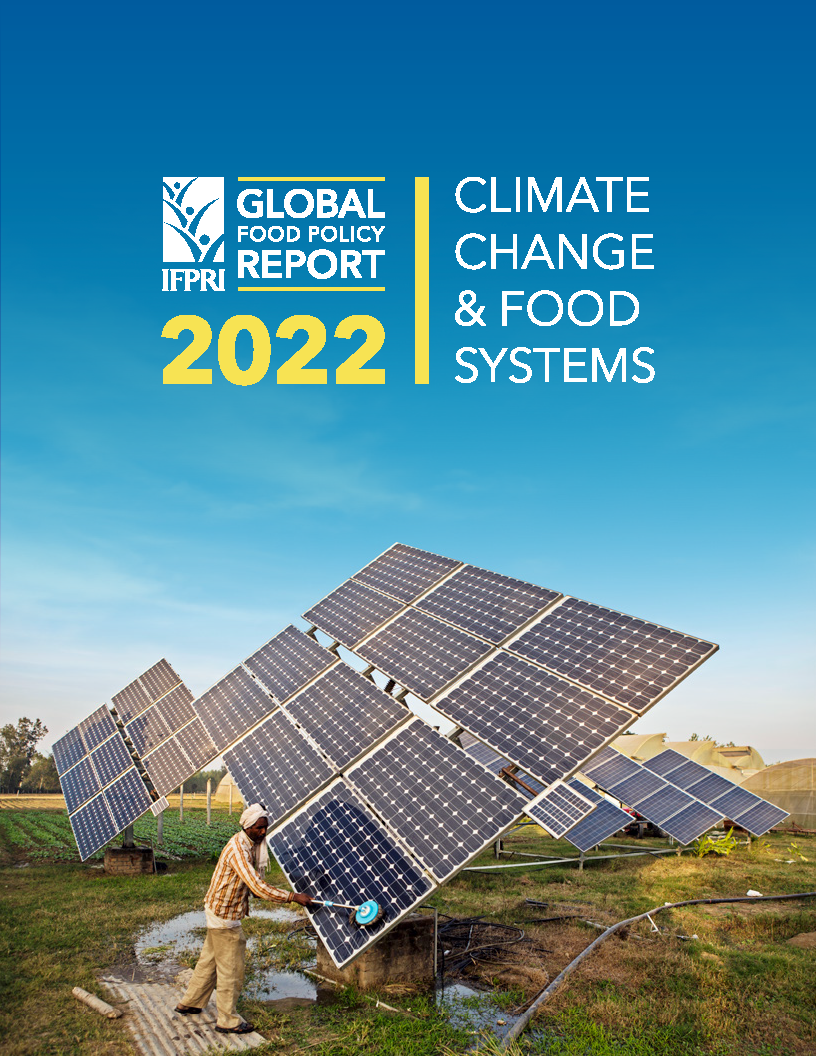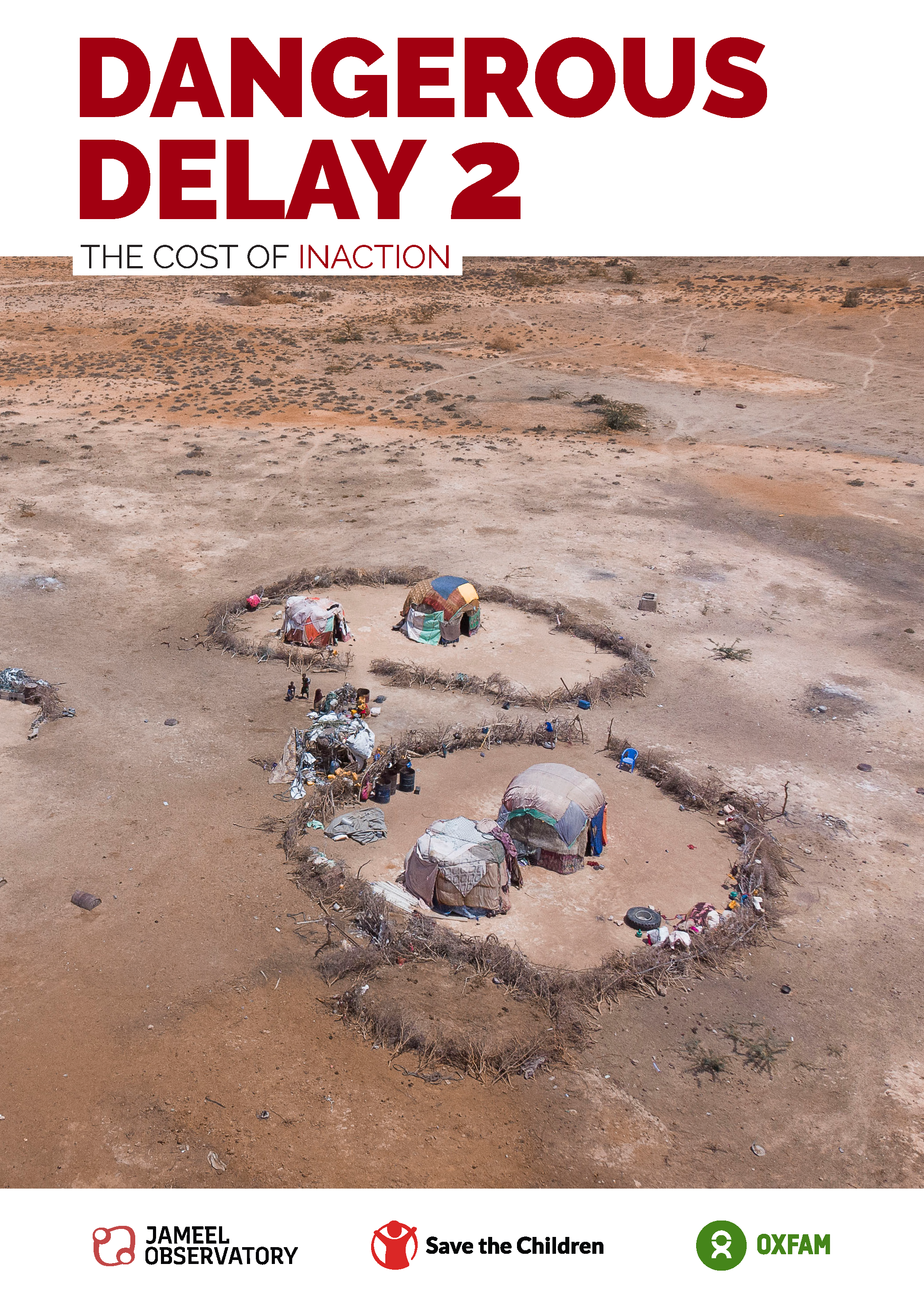Webinar to Launch the Seed Emergency Response Tool (SERT)
Watch Recording Download the SERT View Presentation (EN) Voir la présentation (FR) New Practical Guide! Join ISSD Africa, Mercy Corps, and SeedSystem on June 8th to learn about a new practical guide for humanitarian practitioners: the Seed Emergency Response Tool (SERT). Emergencies often disrupt the lives of farm families and their agricultural production. Smallholder farmers are particularly vulnerable and deal with a range of shocks and stresses, including climate variability, conflict, and COVID-19. During emergencies, humanitarian practitioners need to intervene quickly to help restore the local farming system to its pre-disaster state or better, ensuring farmers can resume producing food



